Karen Faulds: Teamwork is everything! Analytical science is a hugely interdisciplinary area of research, allowing scientists to collaborate with others across a variety of disciplines and learn from each other to solve problems. I believe that everyone within a collaborative group should explain their part in the project to all the other participants. This allows each member to understand how the pieces come together, and learn from each other. Enthusiasm and having fun is also key to collaboration – if you can’t get on with your colleagues, the project will suffer as a result.
Lloyd M. Smith: There are several important elements. First, you need a partner in the other field that you click with personally. Someone who enjoys learning about what you do and is willing to make the effort needed to understand it, and conversely, who has the patience to explain to you (sometimes over and over) concepts and problems from their field that can seem remedial to them.
Second, you need to be willing to spend the time to establish communication and mutual understanding. Then, the two (or more) of you need to arrive at a conceptualization of both a goal worthy of pursuit and an idea of something you can actually do to pursue it that would be worthwhile if successful.
Finally, you need to keep that communication and interaction healthy while you try to execute your hypothesis. The process can be very interesting and rewarding, but it does require commitment and effort.
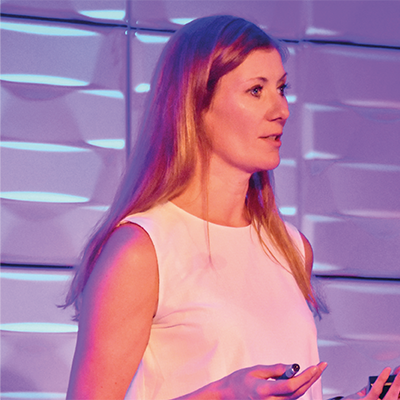
Karen Faulds
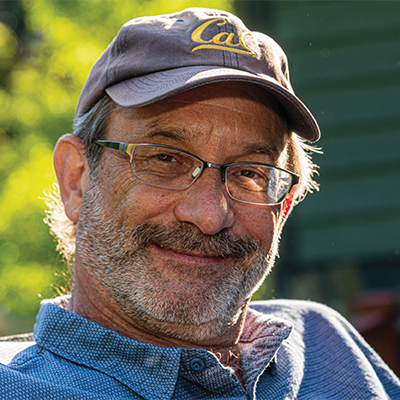
Lloyd M. Smith
Amanda Hummon: I think the key to successful interdisciplinary collaboration is having different research areas compliment each other and respecting the expertise of other groups. Our current collaboration with a team of pulmonologists is a good example of this. Our team brings analytical measurement strategies to the table, whereas the pulmonologists bring expert knowledge in lung function and disease. These distinct research areas create a complimentary, productive, and enjoyable collaboration.
Wei Min: Understanding the language and logic of your collaborator as much as possible. Your work is much more efficient if your thoughts are synthesized without a hurdle. I often try to read a collaborator’s recent technical papers to absorb their ideas.
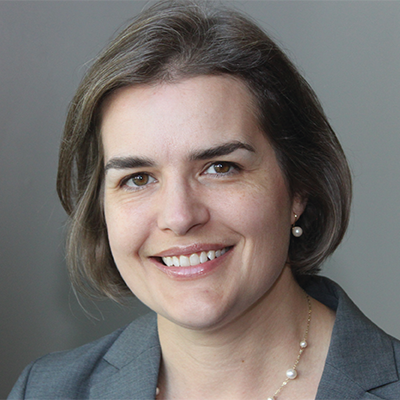
Amanda Hummon
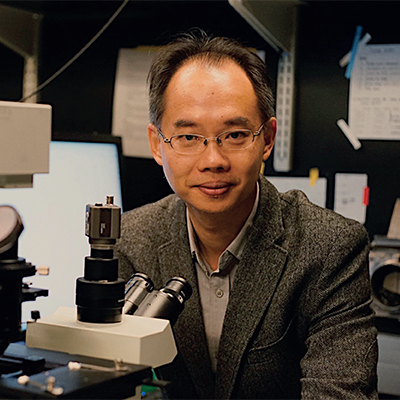
Wei Min
Georgios Theodoridis: Multidisciplinary work in life sciences requires effective collaboration, communication, and fostering a shared vision among team members. It is important to respect the varying viewpoints and backgrounds of the collaborators and understand that efficient fusion of perspectives and approaches can generate innovative solutions. Setting clear and shared common goals and direct, straight communication is necessary to bridge language or knowledge gaps.
Paul Haddad: I believe that interdisciplinary collaborations flourish when scientists are prepared to move outside of their traditional narrow areas of expertise and take the time to understand other disciplines. This takes considerable effort and time but true interdisciplinary collaboration only occurs when a mutual understanding of different perspectives exists.
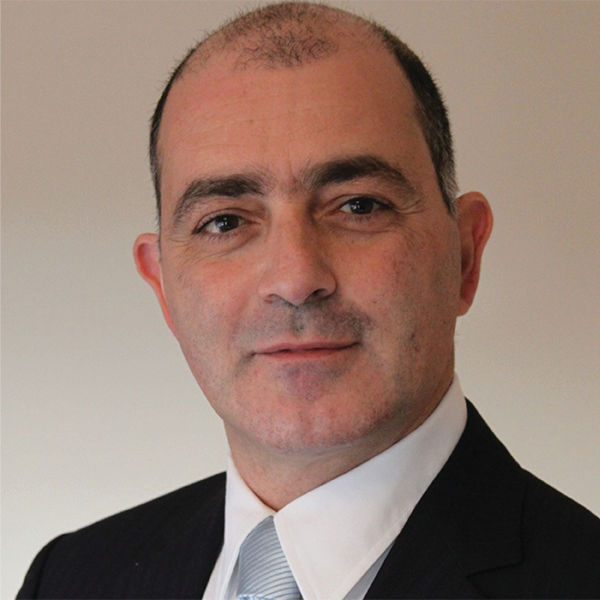
Georgios Theodoridis
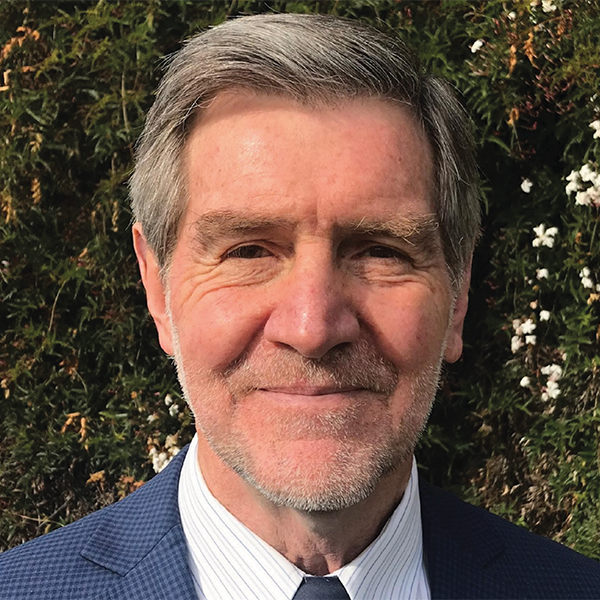
Paul Haddad
Koen Sandra: “If you want to go fast, go alone. If you want to go far, go together.” One of our core values as a company is “stronger together” – we have no room for big ego’s. I’m still waiting to meet that multi-disciplinary know-how-to-do-it-all superhero. Even if that person did exist, humility is still the true key to success. Partnerships that lack trust and respect and draw us away from our core values are doomed to fail.
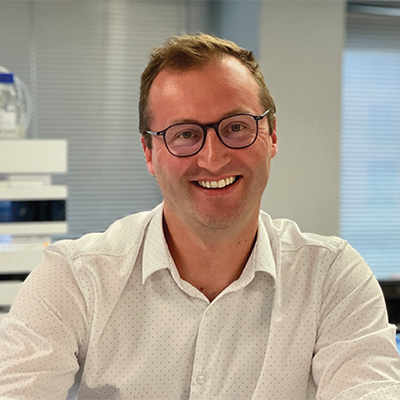
Koen Sandra
Check out part one here:
Teaser Credit: The Analytical Scientist | In Article Credit: All headshots supplied by interviewees




